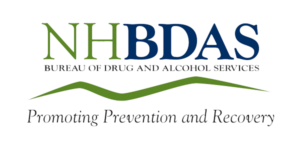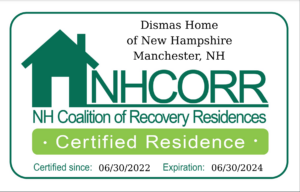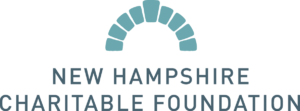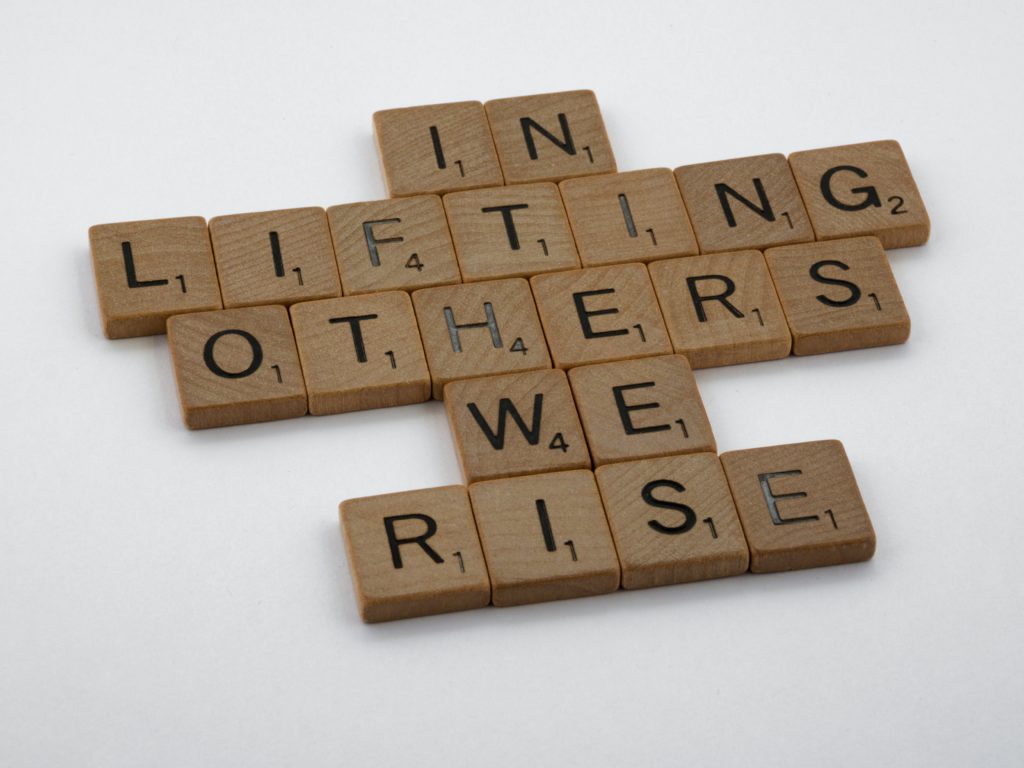Addiction is a chronic disease that has the ability to destroy the lives of not only those who struggle with it but also the lives of the people they care about the most, resulting in damaged relationships. With professional help, offered here at the Dismas Home of New Hampshire, repairing relationships, re-entering the workforce and rebuilding a healthier life is our goal for all our residents. Naturally, this will take time, hard work and commitment but it is worth it for the better life you envisioned for yourself when you decided to kick that addiction. We will help you move on to the next stage on your road to recovery.
Repairing Relationships
The process of repairing relationships affected by addiction can be somewhat difficult to navigate. It is normal to experience mixed emotions, one minute you are ready to pick up the phone and make plans and the next you are sick with anxiety when you think about the people you love rejecting you. Prior to thinking about how you will approach them you need to accept where you are and take responsibility for your actions then forgive yourself. This will be the foundation upon which you will begin the rebuilding process but keep in mind the following;
Be realistic – know that the people you hurt may not be in the same place as you, they may be skeptical or unwilling to trust you again. Try to put yourself in their shoes and give them the same grace you are asking for. Understand that they may be suffering from emotional, mental or financial stress as a result of your addiction.
Learn to communicate – communication is a two way street and if you want it to be effective you must learn when to speak and when to listen. When speaking, be sincere, make eye contact and be straight forward. When listening, truly listen with the intent to understand and not with the intent to rebut or defend, don’t get angry when you hear things that may be displeasing.
Make goals – to be committed, to be responsible, to be present. Focus on improving and rebuilding by following through with your promises, do what you say you will do and be where you say you will be at the agreed upon date and time. Take interest in and actively participate in the lives of your loved ones, offer support and encouragement to let them know you care.
Ask for help when you need it – you’ve already done the hard part, admitting you are an addict and working through the recovery process. We know that you will face challenges when attempting to rebuild your relationships and this is when you can lean on us for guidance and support.
Re-Entering the Workforce
The realization of being behind your peers where education and career are involved can lead to emotional distress and anguish. It can be overwhelming to think you are starting from nothing or in the middle of your life. These feelings and thoughts can lead to a relapse so hold on to and practice what you learned during your time at the Dismas Home of New Hampshire. You are not the same person you were, even before the addiction, therefore you need some time to get your professional goals in line with who you are today. This is a good time to reassess those goals, figure out how you want to earn a living and remember you know more about your strengths, abilities and desires today than you did before. As for the gap on your resume, the approach to this question is a good topic to discuss with your counselor. For most people, addiction is about keeping secrets but now that you are in recovery you understand the value of the truth. How much of your truth you are willing to share with the HR
manager, your boss and co-workers is up to you. As an employee with a health problem, you are entitled to the same degree of privacy as any other employee. You are not legally required to tell your employer the specifics of your condition. Know your rights, HIPPA and FMLA laws are in place to protect your privacy and keep you from choosing whether to keep your job or care for yourself.
Re-building a healthier life
This is your chance to have that life you wanted for yourself, embrace this opportunity and dedicate your energy to rebuilding a healthier new life with these tips.
Develop a routine, this can help you get out of bed in the morning even when you don’t feel like it. Allow your body to heal itself with exercise and proper nourishment, eat a balanced diet and find an exercise you enjoy then practice often. Expand your mind by reading a book or taking a course. Surround yourself with people who support you, who understand and empathize with your recovery journey. Adapt new habits to replace the old unhealthy ones which may include having to say goodbye to things, people and places that can trigger a relapse. Remember to treat yourself like someone you love, be kind to yourself, be patient with yourself and trust that you are doing this for a better you.







